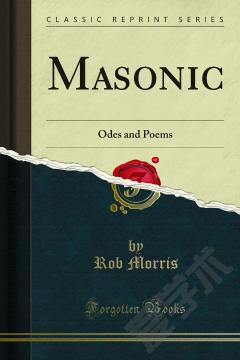The Poems and Amyntas of Thomas Randolph
It seems now as though the prediction of the seventeenth century editors of the Clievelandi Vindicia that Randolph would lie embalmed in his own native wax had indeed come true. In general when the public has seen fit to consign a writer to oblivion it is wisest not to dispute its sentence. Yet in the present instance I feel that the judgment of his contemporaries, rather than that of the present day, is the correct one, and that Randolph is deserving of a much larger audience than he now has.Wholly aside from the fact that poetry, particularly old-fashioned poetry, no longer appeals to the general reader, there are several reasons for the neglect into which the works of Randolph have fallen. One is that after his death an admiring brother published whatever of his he could find, burying the honey in the wax and making no distinction between his early school exercises and his later poems. Because of this the juvenile efforts of the school-boy are often condemned as though they were the work of his mature age. Another fact which has kept him from being better known is that copies of his works are now hard to secure; one must read him either in the rare early editions, or in the astoundingly inaccurate reprint of W. C. Hazlitt which is itself long out of print. It is to do away with the difficulty of securing a text that this volume, containing about one third of Randolph's extant works, has been prepared.
{{comment.content}}








 京公网安备 11010802027623号
京公网安备 11010802027623号